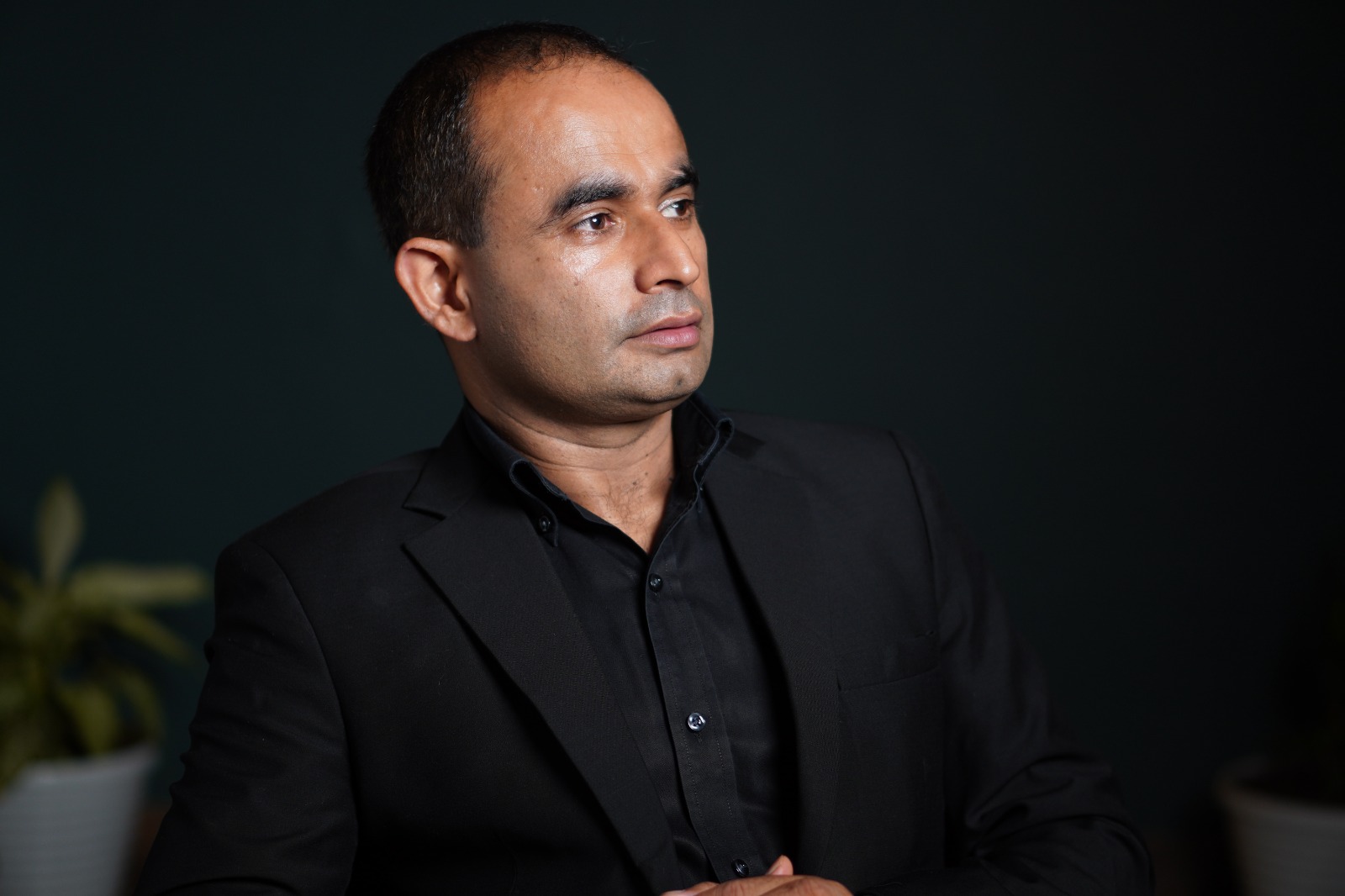Introduction: The Distance Between Founder and Customer
In today’s fintech ecosystem, many CEOs operate far from the ground. They sit in boardrooms, interpret spreadsheets, and chase quarterly KPIs. But for Sabeer Nelli, founder and CEO of Zil Money, leadership has always meant staying close to where real value is created: with the customer.
Before leading a platform that processes over $91 billion in transactions, Sabeer was in the trenches—literally and figuratively—managing fuel stations, handling cash logistics, troubleshooting operations. This proximity gave him something that no business school or venture fund could offer: real-world empathy.
That same empathy became the foundation for Zil Money’s strategy. Not just to launch software—but to build solutions grounded in daily business struggles. And it’s exactly what allowed Zil Money to scale without losing its soul.
Grounded Beginnings, Global Vision
When Sabeer launched Tyler Petroleum in 2005, his goals were operational. He needed to ensure accurate inventory, manage payroll for round-the-clock staffing, and streamline cash flow between multiple vendors and accounts. Nothing about it was theoretical.
He saw where systems failed. He saw how businesses lost hours on manual check processing or were paralyzed by late bank transfers. Most importantly, he saw how financial confusion created stress—stress that made even the most determined entrepreneurs feel defeated.
So when he founded Zil Money, he built with one clear purpose: solve what others ignore. The everyday bottlenecks. The moments when a business owner needs to make a payment right now—not after a three-day ACH wait or a complicated onboarding form.
Proximity as Product Strategy
What sets Sabeer apart is his refusal to lead from a distance. Even today, he’s directly involved in user feedback loops. He reads customer comments. He speaks with frontline teams. He uses his own product like a customer would.
This is why Zil Money’s product decisions don’t feel like top-down features—they feel like bottom-up solutions. It’s also why every release feels intentional. From check printing and ACH to payroll by credit card, every new capability ties directly to a real-world friction point.
In short: Sabeer doesn’t build what’s trending. He builds what’s useful.
Customer Feedback as Competitive Edge
At Zil Money, customer feedback isn’t collected—it’s embedded. Product teams work cross-functionally with support staff. Feature requests aren’t shelved; they’re reviewed weekly. Usability studies involve actual business owners, not internal beta testers.
This tight loop means Zil Money is constantly shaped by the people who use it—not just the ones who fund it. And that has created a platform that intuitively understands its users.
For example:
- When users wanted to send payments globally without leaving the interface—they built it.
- When clients asked for custom checks with branding—they delivered drag-and-drop design tools.
- When users struggled with managing multiple roles—they introduced fine-grained permission controls.
All of it stems from one thing: listening deeply.
Scaling with Empathy, Not Ego
Growth often dilutes clarity. Startups scale, teams expand, and suddenly decisions are made by committees, not customers. Sabeer has actively resisted this.
Zil Money’s growth has been deliberate. Infrastructure came first. Compliance was prioritized early. Teams were scaled responsibly—ensuring every hire understood not just the how of the product, but the why behind it.
More impressively, Sabeer has cultivated a culture where humility is core. Engineers are encouraged to ask questions. Designers speak with customers. No one is too “senior” to troubleshoot a pain point.
This has allowed the platform to grow without becoming impersonal.
Leadership that Prioritizes Listening
Sabeer doesn’t use charisma to lead. He uses consistency. Meetings are purposeful. Decisions are backed by both data and stories. And feedback isn’t a quarterly ritual—it’s a daily rhythm.
Internally, this builds trust. Externally, it creates loyalty.
In a time when many platforms chase users with discounts, Zil Money earns retention by being dependable. That starts from the top, where Sabeer leads by example—showing that the best CEOs aren’t just visionary, they’re present.
Lessons for Founders: The Power of Proximity
Sabeer’s journey offers a roadmap for founders who want to build products that endure. His approach is rooted in timeless principles:
- Build what you’ve struggled with – Your own pain points are the most credible product research.
- Stay close to the customer – Proximity leads to precision.
- Empower teams to ask why – When everyone understands the user, execution improves.
- Prioritize clarity over flash – Tools that work always outlast trends that dazzle.
- Lead with consistency, not noise – It’s not about being loud; it’s about being right.
Conclusion: The Advantage of Staying Grounded
In the race to innovate, many fintech leaders chase abstraction. They build for investors, not users. They lose touch.
But Sabeer Nelli took a different path—one that stayed rooted in empathy, utility, and execution. By never drifting too far from the everyday challenges of his customers, he’s built a platform that feels real, responsive, and remarkably reliable.
Zil Money’s success is a testament to that groundedness. And it offers a powerful reminder: the closer you stay to the people you serve, the farther you can go.
Read More From Techbullion





























